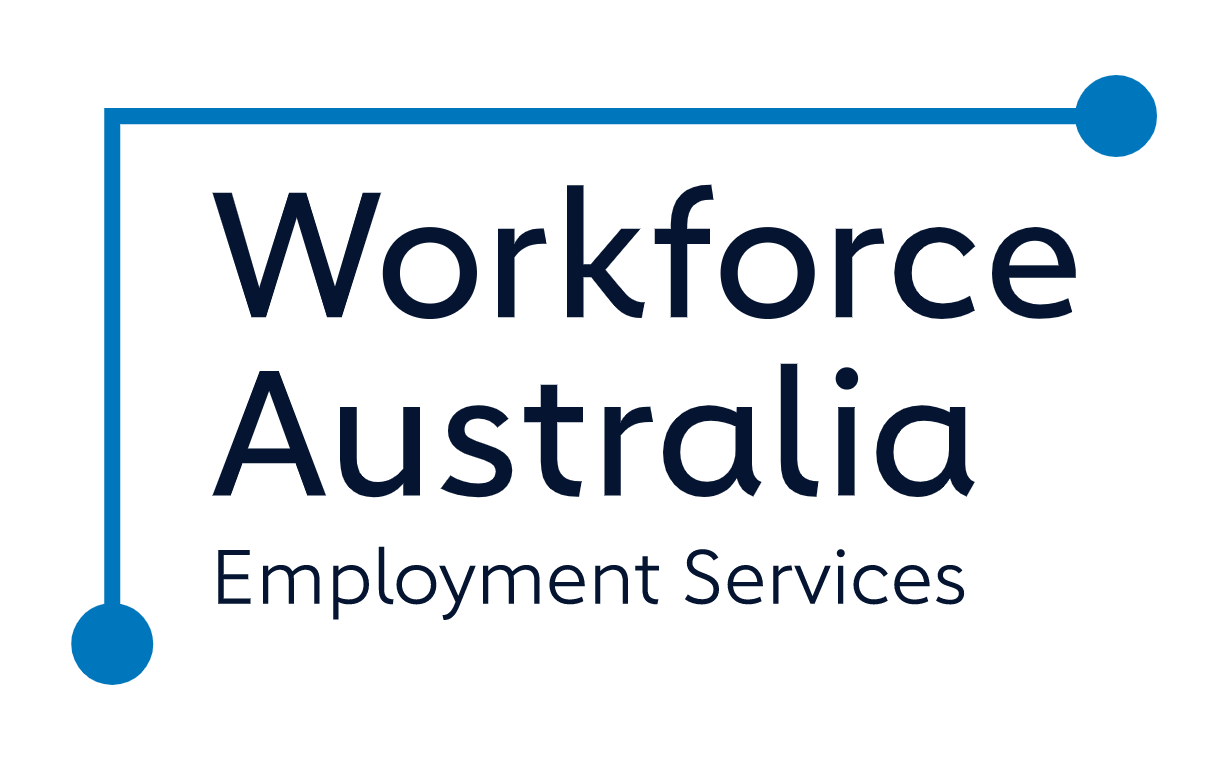The skills, knowledge, and attitudes that make a person marketable and valued in the job market are referred to as employability skills. These abilities are crucial for both landing a job and developing professionally. Employability skills can be developed through a variety of channels, including education, training, and practical experience. In this blog post, we’ll look at the advantages of employability skills and why they’re so important in Australia for both job seekers and businesses.
Enhanced Employment Prospects
Employers in Australia are constantly searching for people with the required employability skills. Employers place a high value on these abilities because they ensure that the candidate can collaborate well with others and contribute to the success of the business. These abilities include communication, teamwork, and problem-solving. As a result, having these talents boosts your probability of landing a job.
Enhanced Performance at Work
Employability skills support both landing a job and doing well in it. For instance, having strong communication skills can help a worker communicate with coworkers, clients, and customers in a productive way. Similar to how they can help an employee solve complex issues and make wise decisions, problem-solving abilities. Improved job performance as a result of these abilities can result in greater job satisfaction, job stability, and career development.
Additional Career Possibilities
More career opportunities may be available if you possess employability skills. Employees become more useful to their employer as they acquire more experience and skills, and they may be given consideration for promotions or other career progression chances. Additionally, having a broad range of employable abilities can make a person adaptable and able to work in several areas or businesses. This adaptability may present more employment options and raise the likelihood of landing a position that is a good fit.
Flexibility in New Work Environments
A person with employability skills is also more equipped to adapt to shifting work conditions. Employees must be able to adjust to new technology, work procedures, and job duties in the ever-evolving labour market of today. Flexibility, creativity, and a willingness to learn are examples of employability qualities that can help someone adapt to shifting work settings and stay current in their industry.
Higher Job Satisfaction
Gaining employability skills might also result in a happier workplace. Employees are more likely to feel competent and confident in their roles when they have the abilities necessary to accomplish their jobs well. This may result in a greater sense of accomplishment and job satisfaction. A worker can prioritise tasks, meet deadlines, and achieve their goals by using employability skills including time management, goal planning, and self-motivation. This may also result in a greater sense of career fulfilment and job satisfaction.
In conclusion, companies and job seekers in Australia both need employability skills. They boost employment prospects, enhance job performance, open up more career options, help people become more flexible to changing work situations, and boost job happiness. As a result, it’s essential for people to acquire and maintain their employable skills through formal education, training, and work experience. To ensure a successful and thriving workforce, employers should place a high priority on the development of employability skills in their workers.
Workforce Australia’s Employability Skills Training is just one of the many programs offered by IntoJobs to support people into long-term sustainable and meaningful employment.





